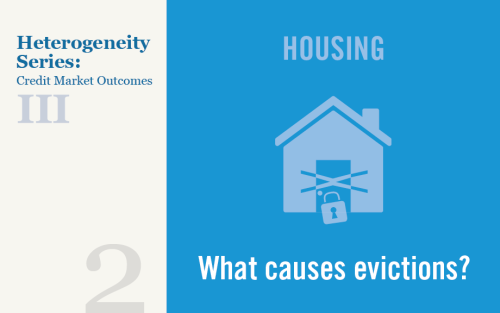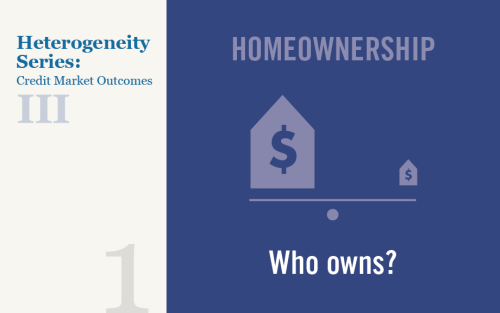Do People View Housing as a Good Investment and Why?

Housing represents the largest asset owned by most households and is a major means of wealth accumulation, particularly for the middle class. Yet there is limited understanding of how households view housing as an investment relative to financial assets, in part because of their differences beyond the usual risk and return trade-off. Housing offers households an accessible source of leverage and a commitment device for saving through an amortization schedule. For an owner-occupied residence, it also provides stability and hedges for rising housing costs. On the other hand, housing is much less liquid than financial assets and it also requires more time to manage. In this post, we use data from our just released SCE Housing Survey to answer several questions about how households view this choice: Do households view housing as a good investment choice in comparison to financial assets, such as stocks? Are there cross-sectional differences in preferences for housing as an investment? What are the factors households consider when making an investment choice between housing and financial assets?
How Do Consumers Believe the Pandemic Will Affect the Economy and Their Households?

In this post we analyze consumer beliefs about the duration of the economic impact of the pandemic and present new evidence on their expected spending, income, debt delinquency, and employment outcomes, conditional on different scenarios for the future path of the pandemic. We find that between June and August respondents to the New York Fed Survey of Consumer Expectations (SCE) have grown less optimistic about the pandemic’s economic consequences ending in the near future and also about the likelihood of feeling comfortable in crowded places within the next three months. Although labor market expectations of respondents differ considerably across fairly extreme scenarios for the evolution of the COVID pandemic, the difference in other economic outcomes across scenarios appear relatively moderate on average. There is, however, substantial heterogeneity in these economic outcomes and some vulnerable groups (for example, lower income, non-white) appear considerably more exposed to the evolution of the pandemic.
Who Has Been Evicted and Why?

More than two million American households are at risk of eviction every year. Evictions have been found to cause prolonged homelessness, worsened health conditions, and lack of credit access. During the COVID-19 outbreak, governments at all levels implemented eviction moratoriums to keep renters in their homes. As these moratoriums and enhanced income supports for unemployed workers come to an end, the possibility of a wave of evictions in the second half of the year is drawing increased attention. Despite the importance of evictions and related policies, very few economic studies have been done on this topic. With the exception of the Milwaukee Area Renters Study, evictions are rarely measured in economic surveys. To fill this gap, we conducted a novel national survey on evictions within the Housing Module of the Survey of Consumer Expectations (SCE) in 2019 and 2020. This post describes our findings.
Inequality in U.S. Homeownership Rates by Race and Ethnicity

Homeownership has historically been an important means for Americans to accumulate wealth—in fact, at more than $15 trillion, housing equity accounts for 16 percent of total U.S. household wealth. Consequently, the U.S. homeownership cycle has triggered large swings in Americans’ net worth over the past twenty-five years. However, the nature of those swings has varied significantly by race and ethnicity, with different demographic groups tracing distinct trajectories through the housing boom, the foreclosure crisis, and the subsequent recovery. Here, we look into the dynamics underlying these divergences and explore some potential explanations.
Just Released: Press Briefing on the Evolution and Future of Homeownership
The New York Fed today held a press briefing on homeownership in the United States, in connection with its release of the 2019 Survey of Consumer Expectations Housing Survey. The briefing opened with remarks from New York Fed President John Williams, who provided commentary on the macroeconomic outlook and summarized the prospects for homeownership.
Diplomas to Doorsteps: Education, Student Debt, and Homeownership
The Homeownership Gap Is Finally Closing
Why Aren’t More Renters Becoming Homeowners?
Recent activity in the U.S. housing market has been widely perceived as disappointing.
Young Student Loan Borrowers Retreat from Housing and Auto Markets
Student loans have soared in popularity over the past decade, with the aggregate student loan balance, as measured in the FRBNY Consumer Credit Panel, reaching $966 billion at the end of 2012.













 RSS Feed
RSS Feed Follow Liberty Street Economics
Follow Liberty Street Economics